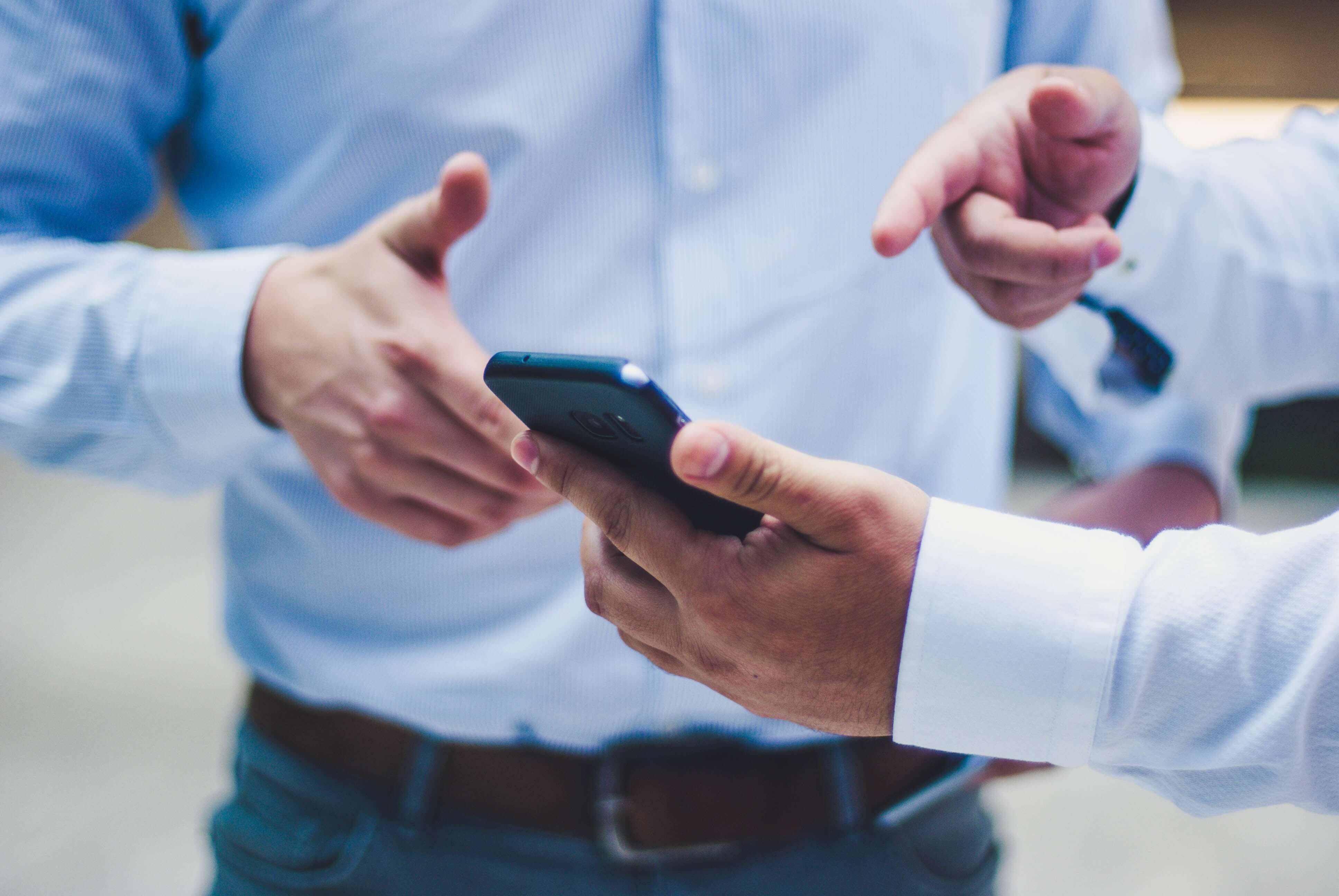Email consultation, itinerary search to travel to a customer’s location, navigation on websites…. In 2019, more than 80% of the Canadian population has a smartphone and its use is very widespread in the business world. These phones host a lot of sensitive data for companies; however, they are often less secure than digital devices left in the office. My Technician gives you five tips to protect you from theft and hacking of confidential data on your professional cell phone.
1. Keep your operating system and applications up to date.
Smartphones offer regular updates. They allow access to new features, improve phone performance, but also and above all to install security patches. For example, following the major bug that occurred this month on its Facetime application, Apple had to propose an update of the iOS to fix the security flaw. In addition, it is important to install applications from secure sources. Customer feedback on Google Play or Apple Store will give you a good idea of the reliability of the applications offered.
2. Avoid connecting to public Wi-Fi networks.
No identification is required to connect to public networks. While this is of great interest when you need to work from a hotel or airport during your business trips, it is also the ideal time for hackers to easily access your company’s data stored on your cell phone. If you need to use a public WiFi network, we recommend that you don’t transmit sensitive information through it.
In addition, we recommend that you activate WiFi and Bluetooth only when you use them and that you deactivate them when you no longer use them.
3. Activate double authentication.
The first step is of course to protect your smartphone with a password. As with your desktop computer, avoid using your year of birth or postal code as your phone password and change it regularly. If you don’t know which password to choose, we recommend that you read our article on this subject. The second step is to associate this code with a second verification: fingerprint, facial recognition, iris scan… The two-factor authentication (2FA) offers additional protection against hackers
4. Encrypt your data.
Encryption helps to secure your data. In the event of loss or theft of your business cell phone, the data inside will be unusable. On iPhones and recent versions of Androids, encryption is automatically enabled. On older versions, you will need to activate it manually, by going to the advanced settings of your phone
5. Stay attentive
Some indicators on your phone should alert you. Your cell phone suddenly becomes slower or restarts by itself? These signs may indicate the presence of malware on your device. A battery that runs out faster than usual is also a sign that should warn you, because spy programs consume a lot of energy.
Finally, keep in mind that even if you strictly apply the tips listed above, you are not safe from theft or loss of a phone. Last but not least, our advice is to regularly back up the data contained in your smartphone.

